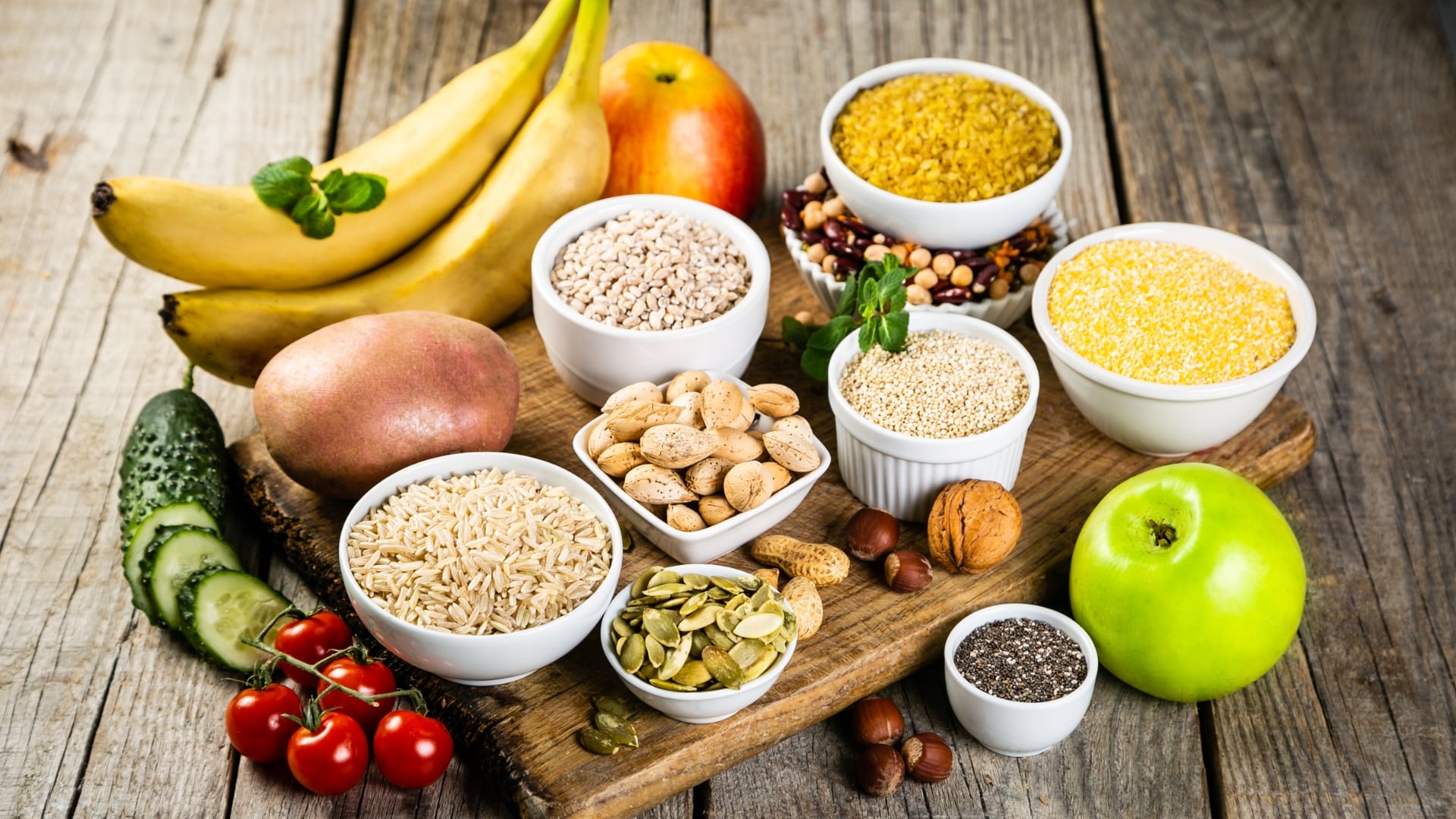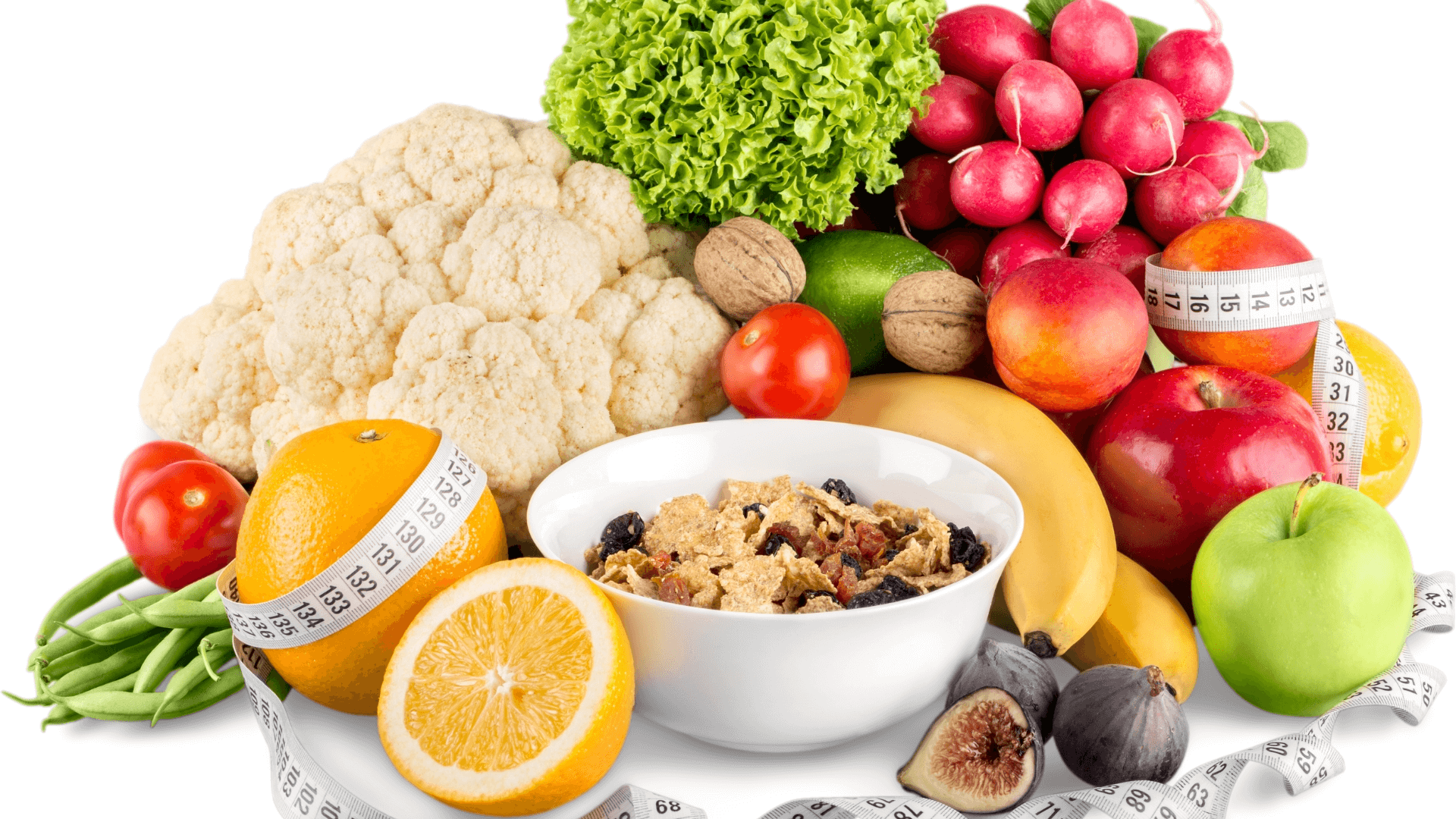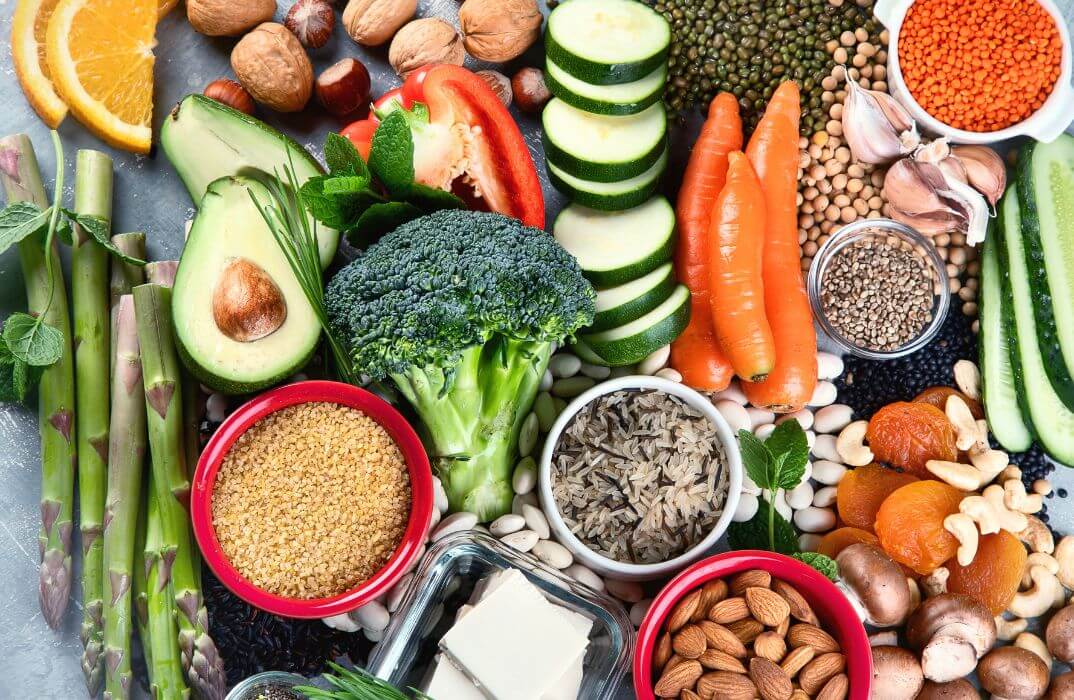Thinking about green diets and gut health or how plant-based meals can nurture your microbiome?
In recent years, there has been a significant rise in people adopting plant-based diets. Whether driven by ethical concerns, environmental considerations, or health benefits, more individuals are embracing green diets.
An area of health that’s becoming particularly noteworthy in this context is gut health. This article delves deep into how plant-based meals nurture the complex ecosystem within our digestive tracts—the microbiome.
1. The Gut Microbiome: An Overview
Our gut is home to trillions of microorganisms, consisting of bacteria, viruses, fungi, and protozoa. This microbial community, collectively known as the gut microbiome, plays crucial roles in digestion, nutrient absorption, immune system regulation, and even mental health. The balance of these microorganisms is vital to our overall health.
2. The Link Between Diet and Microbiome
Our diet directly affects the composition and diversity of our gut microbiota. Different foods feed different bacteria. So, when we consistently consume certain types of foods, we selectively favor the growth of certain bacteria.
High-Fiber Foods & Gut Bacteria
A diet rich in diverse plant-based foods provides a variety of fibers that serve as food for our beneficial gut bacteria. This not only promotes the growth of beneficial bacteria but also produces short-chain fatty acids like butyrate, propionate, and acetate. These compounds help to maintain the health of our intestinal walls and have anti-inflammatory effects.
3. Benefits of a Plant-Based Diet on the Microbiome
Increased Diversity
A diverse microbiome is generally considered healthier and more resilient. Plant-based diets, rich in a variety of vegetables, fruits, grains, nuts, and seeds, promote a more diverse bacterial community in the gut.
Reduced Pathogenic Bacteria
Some studies have shown that plant-based diets can reduce the abundance of disease-causing bacteria in the gut. This could be due to the high fiber content, which pathogenic bacteria might find less favorable.
Optimal pH Level
Meat and dairy can produce bile-tolerant organisms which might increase the gut’s pH. Plant-based diets help maintain a more acidic pH, favorable for beneficial bacteria and less so for pathogenic ones.
4. Prebiotics & Probiotics in Plant-Based Foods
Prebiotics
These are non-digestible food components that promote the growth of beneficial gut bacteria. Examples include inulin, fructo-oligosaccharides, and galacto-oligosaccharides.
- Garlic
- Onions
- Leeks
- Asparagus
- Bananas
Probiotics
These are live beneficial bacteria. While often associated with fermented dairy products like yogurt, there are numerous plant-based sources of probiotics.
- Sauerkraut
- Kimchi
- Miso
- Tempeh
- Pickled vegetables
5. Considerations and Cautions
While plant-based diets offer numerous advantages for gut health, it’s essential to ensure that one is consuming a nutritionally balanced diet. For example, it’s vital to ensure adequate protein, vitamin B12, iron, calcium, and omega-3 fatty acids intake, which might be overlooked in improperly planned plant-based diets.
Moreover, individuals with certain gastrointestinal conditions, like IBS or SIBO, might react to high-FODMAP foods, which include some plant-based sources. Hence, personalized guidance from nutrition professionals is often beneficial.
Wrapping Up your Green Diets and Gut Health
A plant-based diet offers a buffet of benefits for our gut microbiome, enriching it with diverse bacteria and supporting its numerous functions.
As the saying goes, “You are what you eat,” but perhaps it’s more apt to say, “Your microbiome reflects what you eat.”
Therefore, embracing a green diet is not just a favor to the planet but also to the complex microbial community within us.





